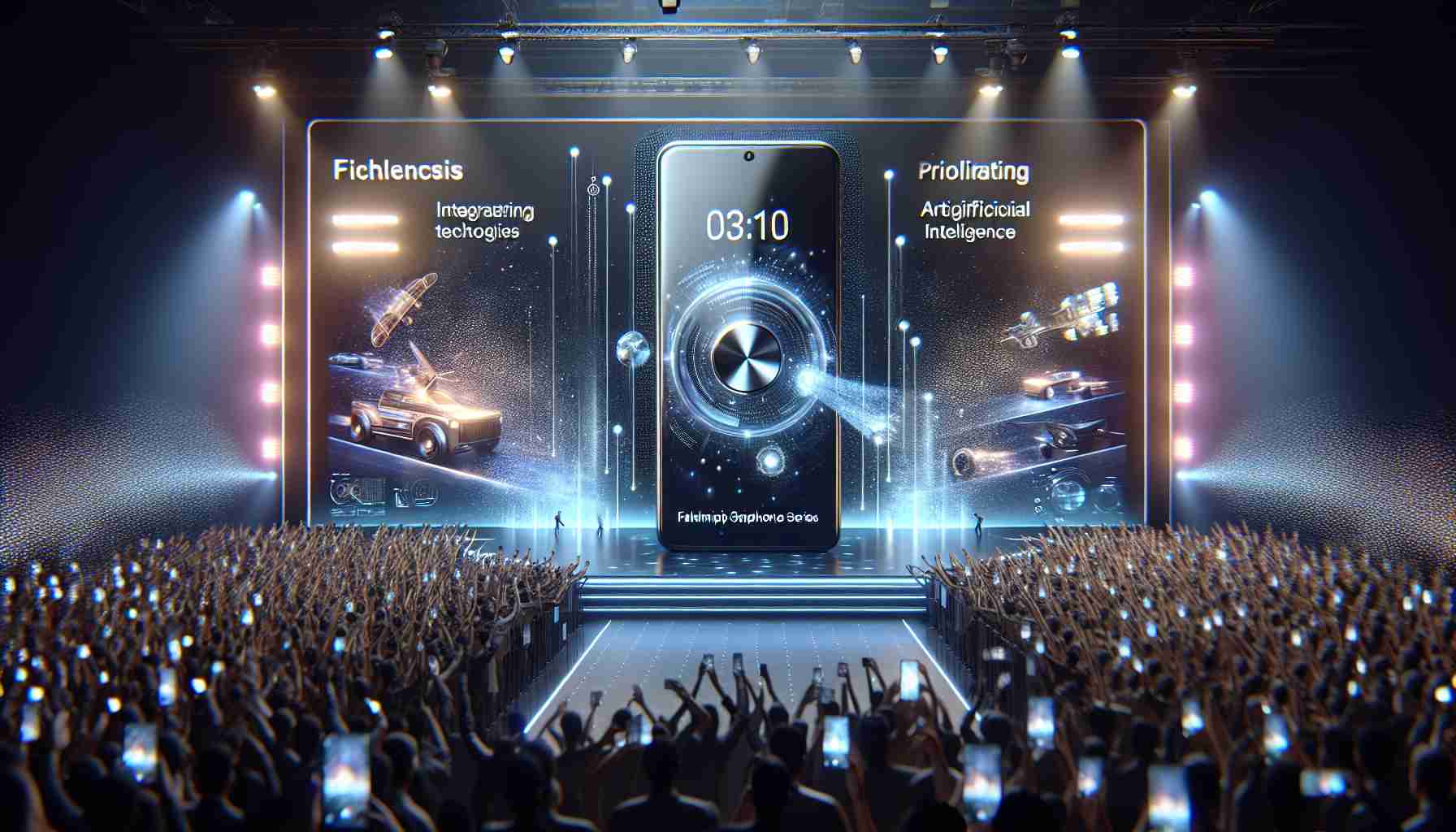
On the evening of the 13th, Apple initiated the pre-order process for its flagship iPhone 16 series, having garnered significant interest leading up to its official release on September 20. As customers rushed to make their orders, there were widespread reports of outages on the Apple website, a clear indication of the excitement surrounding the upcoming models. In a remarkable show of demand, over 1.87 million customers reserved the iPhone 16 Pro and Pro Max, with these models selling out within minutes.
For the basic iPhone 16 and iPhone 16 Plus models, which are readily available, around 320,000 units were booked shortly after the pre-sale commenced. The starting price for the iPhone 16 series is set at 5,999 yuan, maintaining the same pricing as the previous generation despite upgrades. Experts note that while Apple aims to enhance its hardware offerings, the incorporation of AI technology may pose financial challenges for the company.
This introduction of AI capabilities in the iPhone marks a departure from Apple’s historical focus on hardware specifications such as camera quality and processing power. The rollout of these AI features will begin in the United States in October, reaching other English-speaking nations in December and expanding to markets like China and France in the following year.
However, analysts suggest that Apple’s entry into this competitive landscape may face hurdles, including regulatory challenges and slower rollouts in crucial regions like the EU and China. As Apple navigates these complexities, it appears to face intensified competition, highlighted by a recent report indicating a decline in iPhone sales within China’s top smartphone rankings.
The Launch of Apple’s Pioneering AI-Integrated iPhone 16 Series
On September 20, Apple officially launched its highly anticipated iPhone 16 series, which integrates advanced AI technologies. This release is seen as a pivotal moment in the evolution of smartphones, as it marks Apple’s bold step towards integrating artificial intelligence into its flagship devices.
What are the key features of the AI-integrated iPhone 16 series?
The iPhone 16 series boasts several groundbreaking AI features, including a new AI-driven camera system that enhances photo quality through real-time processing and predictive analytics. This enables features like advanced night mode and intelligent scene recognition. Additionally, there’s a personal AI assistant that learns user preferences, optimizing notifications, app usage, and scheduling. Users can expect improved battery management through AI-powered analytics that predict app usage patterns, extending battery life.
What are the primary benefits of the AI features?
The advantages of the AI capabilities in the iPhone 16 series are substantial. The enhanced camera technologies offer more professional-grade photography without the need for additional equipment, making it appealing to both casual and serious photographers. The AI personal assistant provides users with a more personalized experience, allowing for better organization and efficiency. Furthermore, the intelligent battery management could lead to longer device longevity, reducing the frequency of charging.
What challenges and controversies does Apple face with this new rollout?
Despite the innovative features, Apple confronts several challenges. **Regulatory hurdles** surrounding data privacy and security could hinder the implementation of AI functionalities, especially in regions with strict data protection laws like the European Union. Furthermore, **consumer trust** regarding how AI handles personal information remains a concern. Previous instances of data breaches have made users wary of how their data is utilized.
There are also **technical challenges** in ensuring that features perform optimally under various conditions and adapt to diverse user behaviors. The initial rollout is limited to specific regions, creating a staggered experience for consumers worldwide, which could lead to frustration among users in non-included areas.
What is the market competition like for the iPhone 16 series?
The smartphone landscape is fiercely competitive, with major players like Samsung and Google also investing heavily in AI technologies. This competition intensifies the need for Apple to stay ahead, not just in terms of product features but also pricing and availability. The pricing strategy, although stable at 5,999 yuan for the base models, will be tested against competitors offering lower-cost alternatives that also include similar AI functionalities.
Advantages vs. Disadvantages
The introduction of AI into the iPhone 16 series presents notable **advantages**, including enhanced user experience, improved photography, and potentially prolonged device life. However, **disadvantages** include potential regulatory issues, user privacy concerns, and the challenge of ensuring seamless technology integration while keeping costs manageable.
As the launch of the iPhone 16 series unfolds, it remains to be seen how Apple will navigate these challenges and whether the AI features can truly provide the anticipated enhancements that will attract both new users and retain loyal customers.
For more information about Apple’s advancements and releases, visit Apple’s official site.
The source of the article is from the blog j6simracing.com.br
